The exciting history of International People’s College, 1921
The history of International People’s College dates back to 1921 and is a peace initiative created in the wake of WWl.
Forged in the wake of war
The idea was to bring people together from different nations and walks of life to study and live together in the manner of a Danish Folk High School.
The Founder of IPC was Peter Manniche (1889-1981)
The founder of the International People’s College was Peter Manniche (1889-1981). He was a humanitarian and visionary who understood the values of peace and tolerance. These values needed to be taught and cultivated in young people to create the next generation of leaders in a world so often troubled by violence and conflict. For his efforts Manniche was nominated for a Nobel Peace Prize and was awarded an honorary doctorate from Springfield College in Massachusetts.
c
(David Bunce, Australia, Spring & Autumn term 1972; Quote from 2018 on his meeting with Peter Manniche)
Celebrating diversity
Since its inception in 1921 the International People’s College has celebrated diversity. Understanding the differences between people is seen as an essential precondition for better understanding one’s self and developing as a person. It is also necessary for knowing more of others and the world. Peter Manniche sought to sustain a dialogue between individuals and cultures to create deeper human and spiritual values.
Learn about famous students and visitors to IPC
As an innovative and unique effort in education, many famous people have both studied at and visited our Folk High School in Denmark. The great Danish poet Halfdan Rasmussen, Kenya’s first prime minister Jomo Kenyatta, painter Carl Henning Pedersen and artist Jørgen Nash were students at International People’s College. Nobel laureate for literature Rabindranath Tagore, physicist Niels Bohr, writer Martin Andersen Nexø, her Royal Highness the Queen of Denmark, Margrethe and her husband Prince Henrik, former Danish Princess Duchess Alexandra and human rights advocate and Nobel Prize nominee Cecil Rajendra have all visited the International Peoples College. In 1949 the International People’s College was the venue for the first UNESCO international conference on adult education (CONFINTEA) and it has hosted a number of international meetings and events over the decades.
For more information on the International People’s College’s history please see Max Lawson’s The International People’s College 1921-96: A Celebration of 75 Years of Working for Peace and International Friendship, for sale at the IPC office.
Acceptance as a core value in history of International People’s College
“Peter Manniche believed that if people from countries that had been former enemies in war could live, work, and study together it would foster mutual respect, acceptance and peace!”
It’s not an ordinary Folk High school
Global understanding is created in us through education and fellowship. At IPC you meet many different cultures from around the world. It’s not an ordinary Folk High school, like many other Danish Folk High schools that are focusing on Danish values, but rather a Folk High school with a focus on global and cultural differences and values and how they intertwine with each other.
IPC has developed some core values, to help and support understanding and accepting others, that the school try to live by every day:
– Keep an open mind and be respectful
– Create more tolerant world citizens
– Gender equality
– Democratic consultation
– Respect for life and non-violence
– Promotion of community
– Social responsibility
– Sustainability
Find out more:
What is a Danish Folk High School?
Core Values
At IPC we work actively with our core values in our everyday life and classes. Read more about our Danish Folk High School Core Values here.
Global Studies
IPC is unique among Danish Folk High Schools, since it is the only one that is international in focus.







